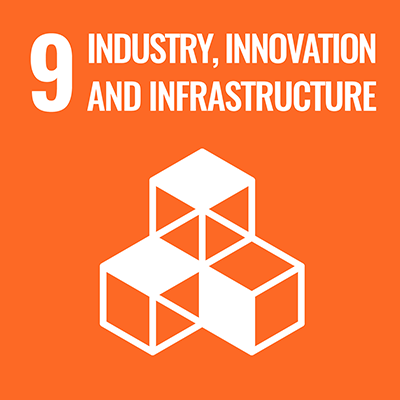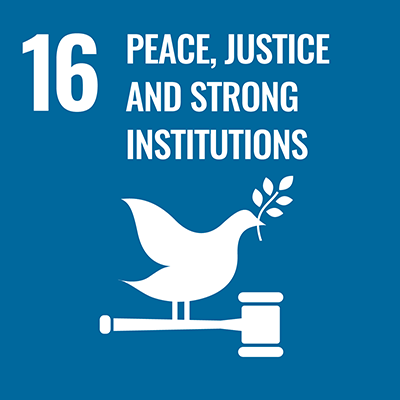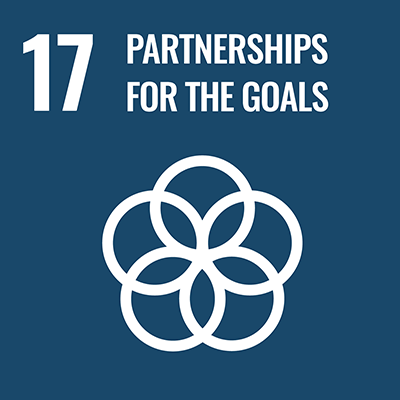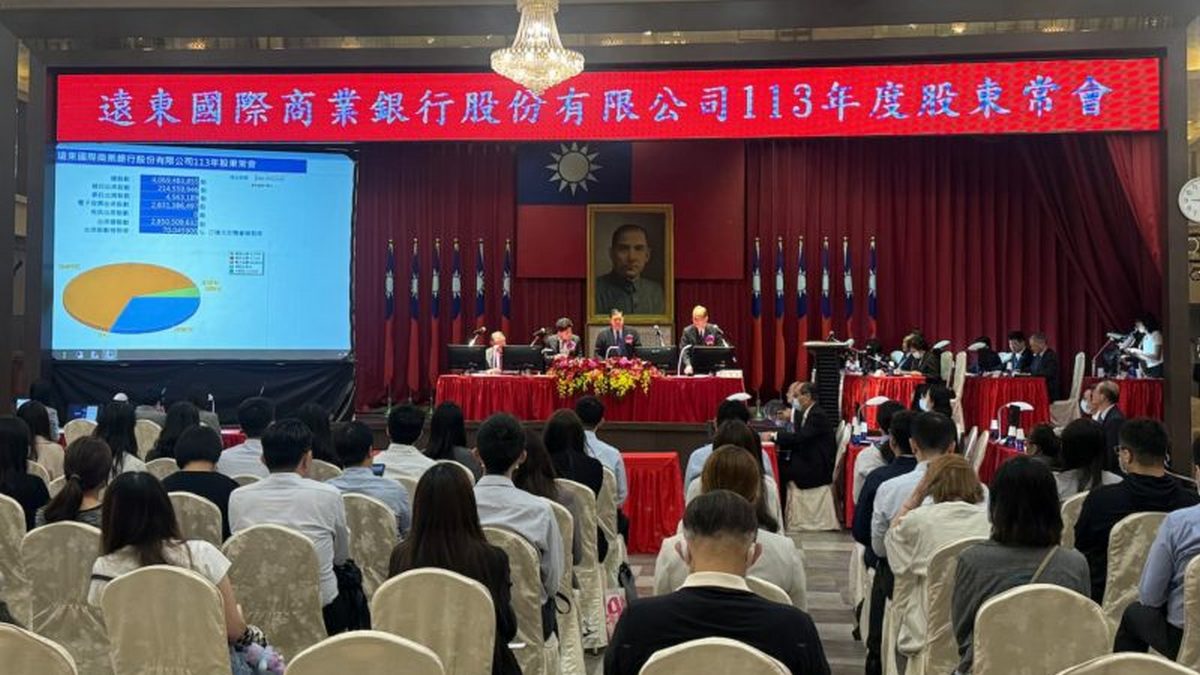FEIB Published the Virtual Asset White Paper
Following its groundbreaking release of the “2023 Virtual Asset Survey Report” last year, FEIB unveiled the “2024 Virtual Asset White Paper” at this year’s Asia Blockchain Summit (ABS). This white paper outlines strategic directions for Taiwan to strengthen and enhance its virtual asset ecosystem. FEIB's Bankee Community Bank collaborated with experts from various sectors to contribute recommendations and guidelines to the white paper, underscoring the crucial role that banks play in the development and adoption of virtual assets.

Crypto Taiwan: We came, We BUIDL Seminar invited (from left) Legislator Ge Rujun (Dr. Bao), Chairman of the Taiwan Virtual Currency Industry Association Zheng Guangtai, FEIB Digital Financial Business Group Vice President Dai Songzhi, Chairperson of Accounting Research and Development Foundation Wang Yixin, and Blockchain Tempo Media Deputy Editor Yu Zhou shared the stage for a wonderful event Conversation. Photo Credit: FEIB
FEIB Bankee Community Bank distinguished itself as the sole banking institution participating in the 2024 ABS. The bank's booth at the event drew the attention of blockchain industry representatives worldwide, eager to explore the role of Taiwanese banks in a virtual asset-friendly environment. The discussions focused on how FEIB can collaborate with virtual asset exchanges to lead the way in pioneering virtual asset-related businesses within Taiwan's financial sector.
Dai Songzhi, Vice President of FEIB's Digital Finance Business Group, emphasized that Taiwan possesses favorable conditions for advancing in the virtual asset sector. However, to effectively navigate the evolving landscape of virtual assets, a bank is needed to step up and provide professional support. FEIB Bankee Community Bank aims to be that pivotal institution, particularly focusing on risk management and legal compliance, to guide Taiwan towards becoming a WEB3.0 asset management center. Dai highlighted that such efforts are crucial in fostering a more positive and secure environment, thereby enhancing trust among investors and various stakeholders. As the foremost partner for virtual asset exchanges, FEIB Bankee Community Bank acknowledges its responsibility to assume this critical role. The bank outlined four key pillars in its virtual asset white paper to support this mission:
Key 1: Risk Management and Trust: The Core Competitiveness of the Bank
The banking industry, with its century-long history and stringent government regulation, boasts the most mature and stable risk management mechanisms in the market. These irreplaceable advantages position banks as the ideal providers of comprehensive know-how for the virtual asset industry, enabling the establishment of the highest standards of security. FEIB Bankee Community Bank, leveraging these strengths, has partnered with Virtual Asset Service Providers (VASPs) to develop a collaborative mechanism for combating money laundering and fraud. This initiative focuses on four key aspects: "detection, notification, control, and improvement." Through these measures, FEIB Bankee Community Bank aims to deliver "safety and trust" to investors, fostering a safer and more compliant trading environment for the virtual asset industry.
Key 2: Regulations should adopt a negative listing approach to encourage innovation
The virtual asset industry, still in its infancy, presents a learning curve for all sectors. To foster its growth, a regulatory approach using negative listing legal norms (Don't) can be more effective, as it allows for greater flexibility in developing virtual assets. FEIB Vice President Dai explained that traditional positive listing methods (Do) often restrict innovation by outlining specific permissible actions. In contrast, the negative listing approach establishes clear boundaries first, indicating what is prohibited. This method allows banks, provided they adhere to fundamental legal standards concerning personal information and information security, considerable latitude to explore and develop innovative businesses. This approach is seen as more conducive to promoting innovation and progress in the Web3 arena.
Key 3: Physical finance has diversified development opportunities in Web 3.0
Dai emphasized that beyond offering fundamental cash flow and trust services, banks possess numerous opportunities for innovative business ventures. Leveraging their strengths in risk management and asset custody, banks could provide safer, more reliable virtual asset custody services. Additionally, they could expand into areas such as quantitative trading, pledged loans, and derivative financial products. With the Financial Supervisory Commission's establishment of the Real World Assets (RWA) group, the promotion of RWA-related initiatives has gained momentum. Financial institutions with relevant expertise and experience are poised to play a critical role in delivering more diversified financial products and services to investors.
Key 4: Support the participation of financial institutions to increase market trust
FEIB Bankee stands as a trailblazer in the virtual asset sector among Taiwan's financial institutions, having initiated various business strategies years ago. Today, with the industry becoming increasingly dynamic and diversified, numerous opportunities for collaboration have emerged. Dai highlighted that competition and cooperation are equally crucial, representing two sides of the same coin. He expressed hope that through enhanced efforts in risk management and technological innovation, the industry can collectively foster sound and sustainable growth.
Bankee's "2024 Virtual Asset White Paper" offers an in-depth analysis of industry trends, regulatory frameworks, quantitative survey results, and expert insights to enhance public understanding of virtual asset developments. It aims to help the industry better comprehend the needs of virtual asset investors and serve as a resource for government agencies in formulating specific policy recommendations to expedite the establishment of Web3.0 asset management centers. The white paper features contributions from several key industry experts, including Lin Yuding, co-founder of the globally influential blockchain media platform Blockchain Tempo and host of the TempoX accelerator; Pang Ding, editor-in-chief, and Luc, deputy editor-in-chief; Zheng Guangtai, chairman of VASP and founder of Bito Group; Liu Shiwei, founder and CEO of virtual asset trading platform MaiCoin Group; Tsai Yuling, honorary chairperson of the Taiwan Fintech Association; and Li Yuxun, partner lawyer at PwC Legal, among others.
Business and Company
News Type
UN SDG
Share
Download
Source
Machine Translation









